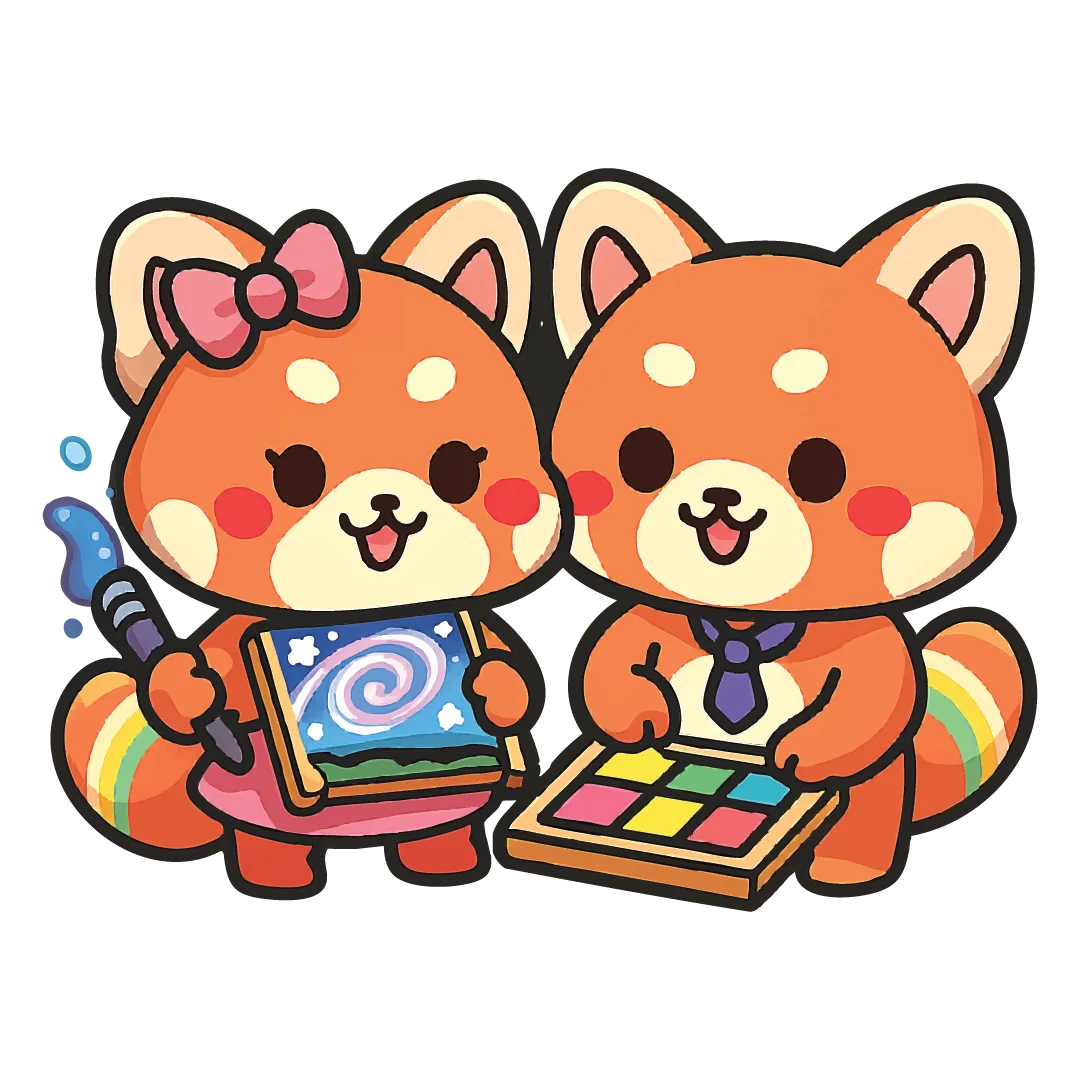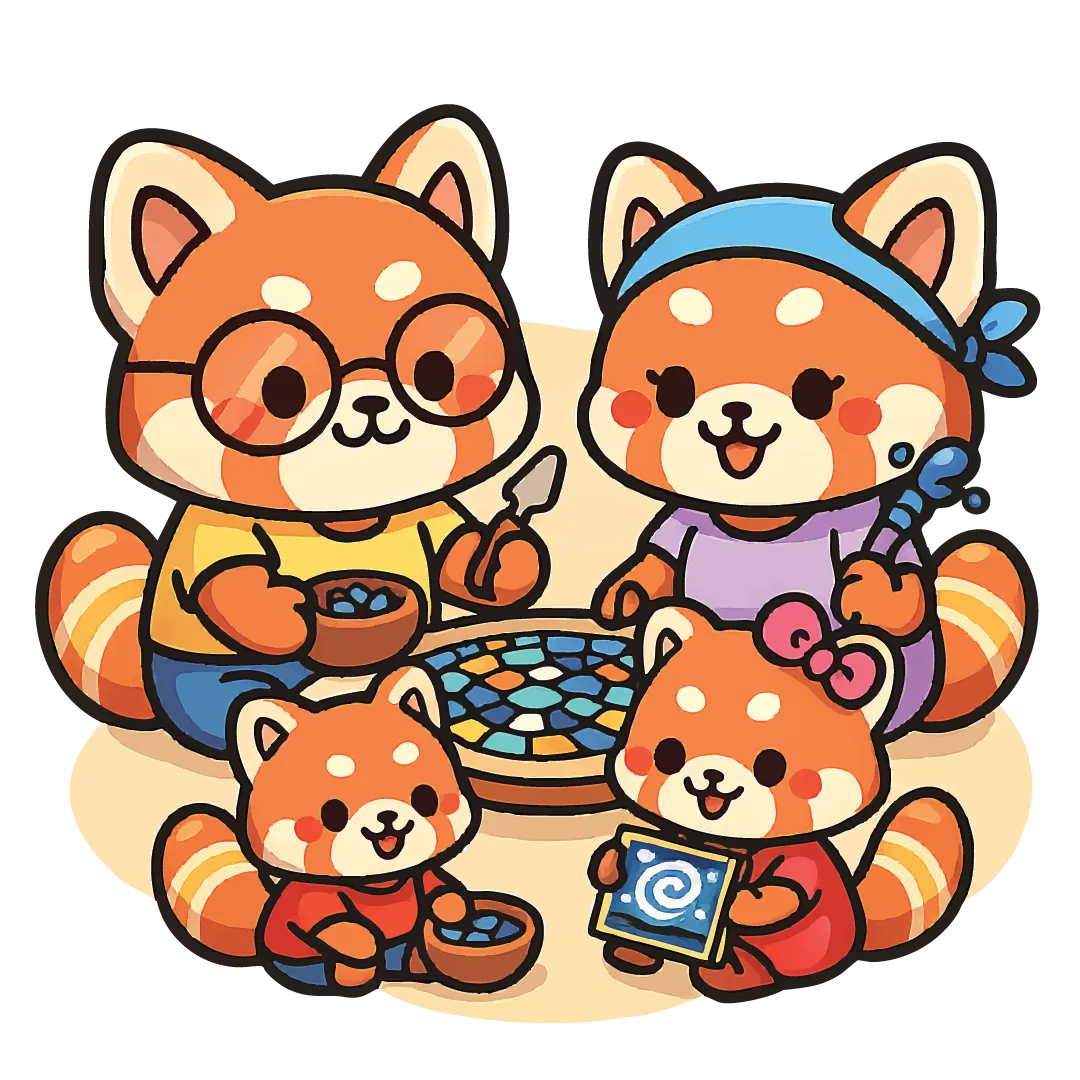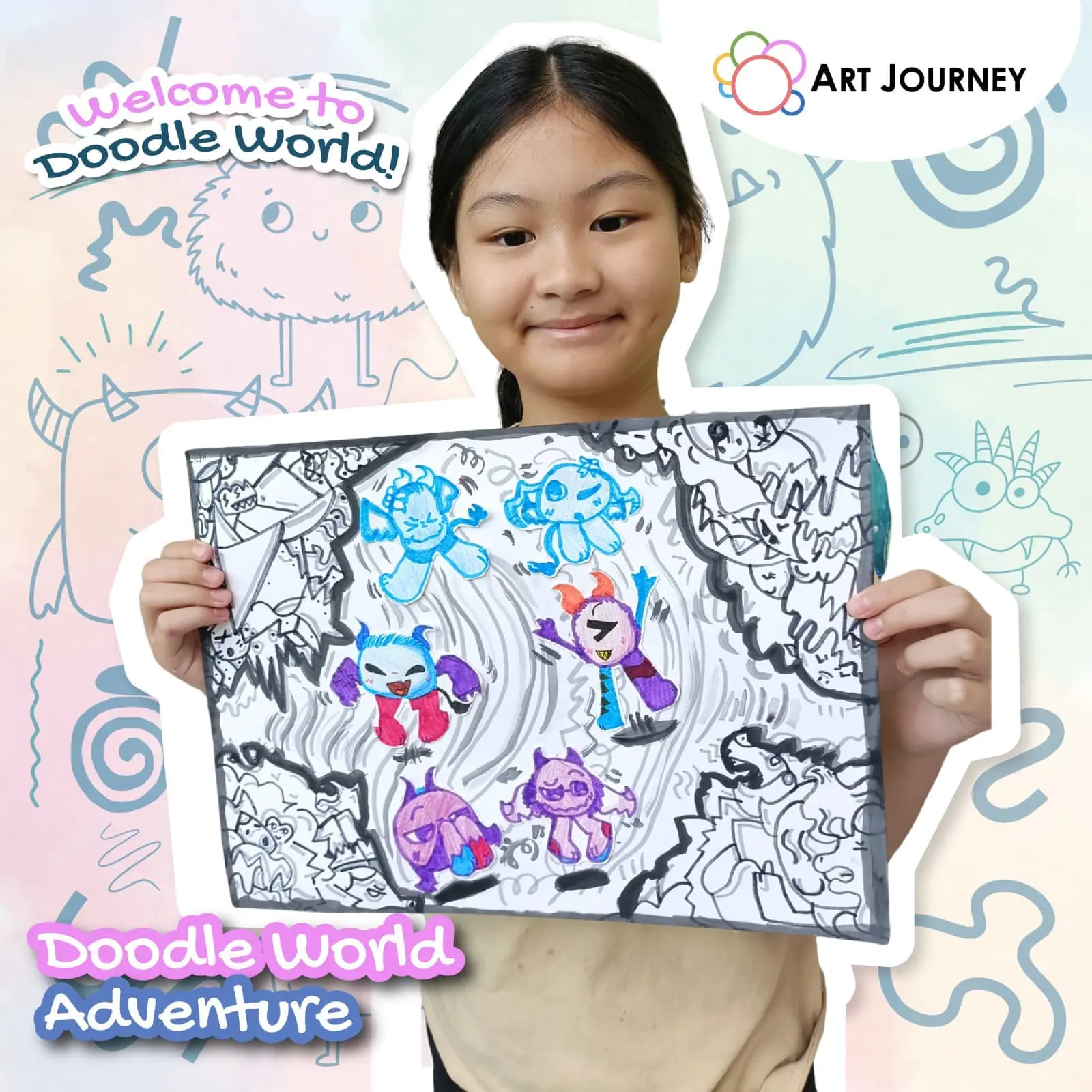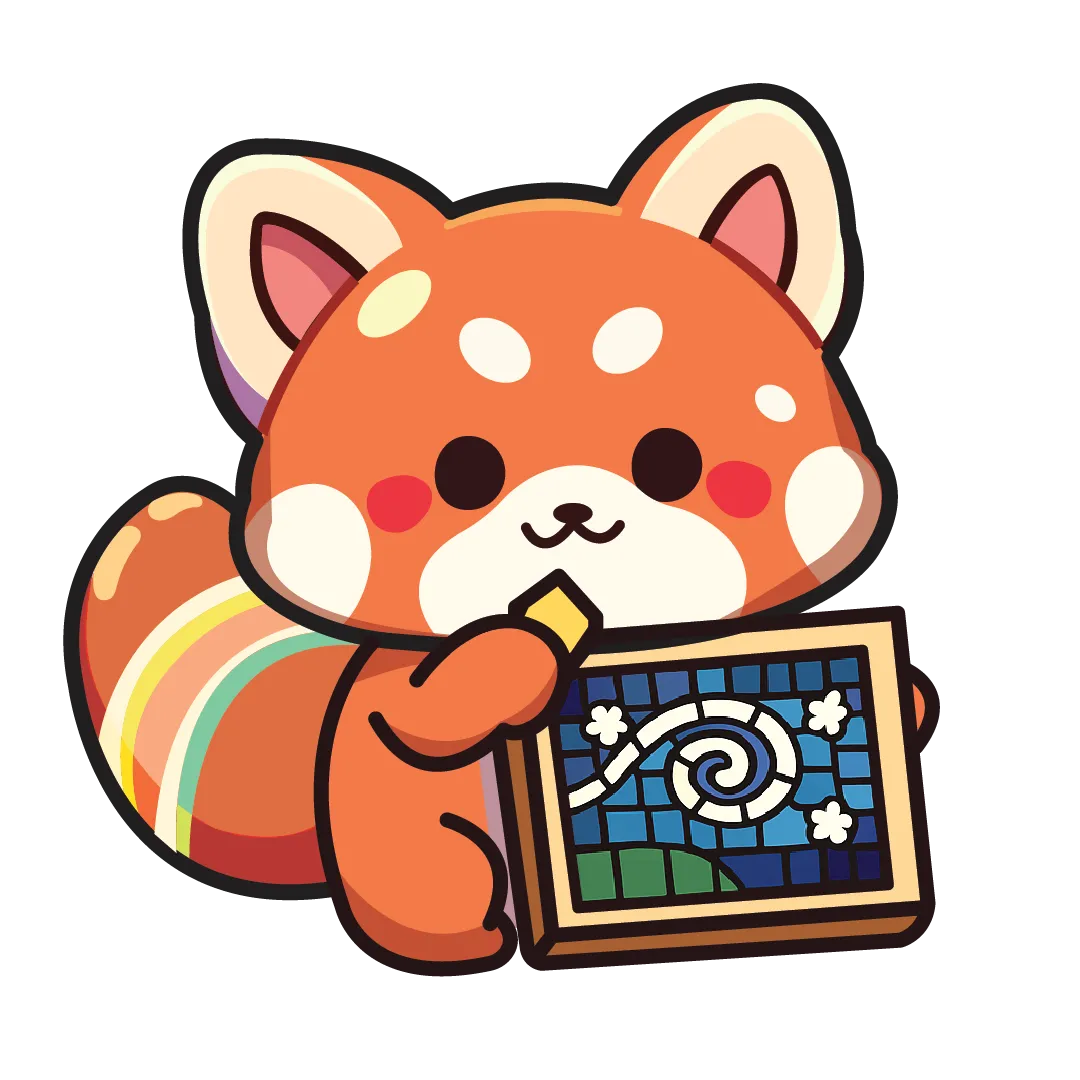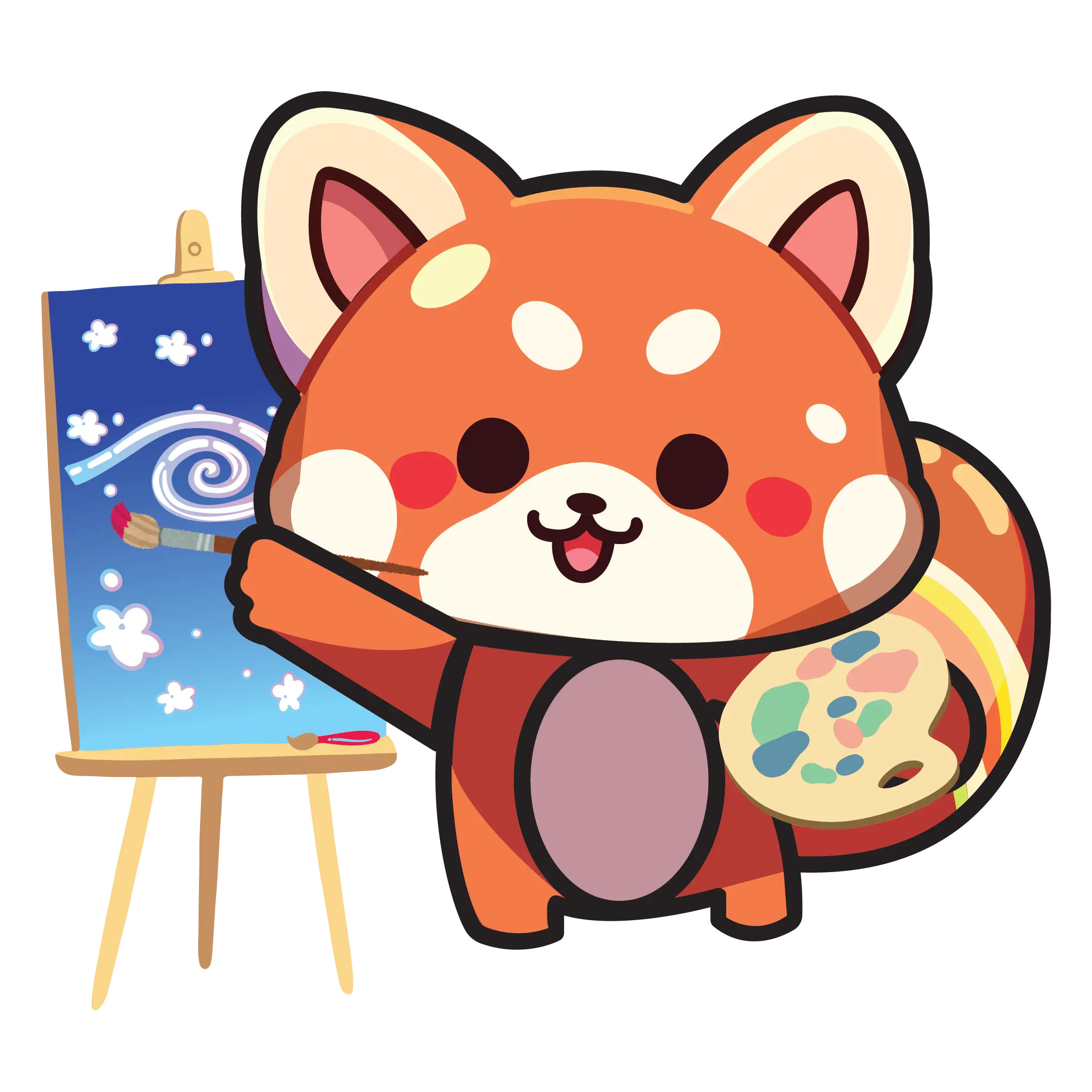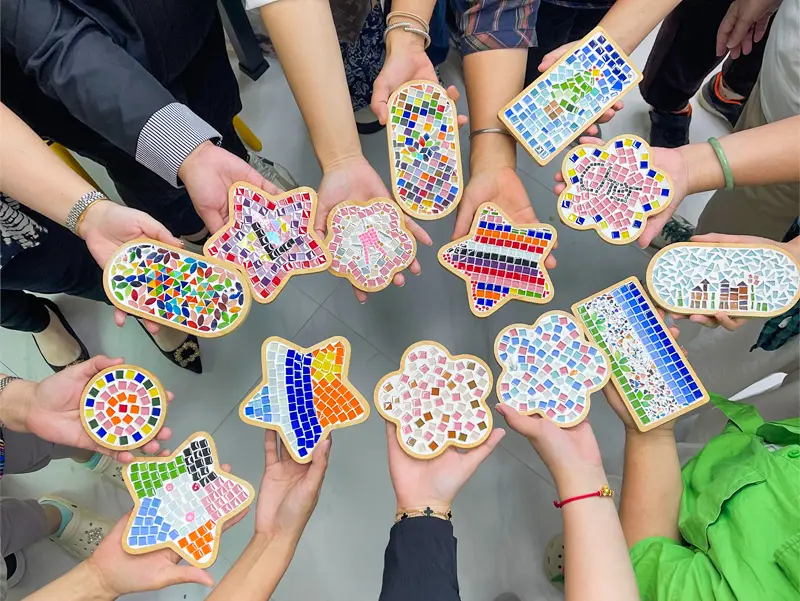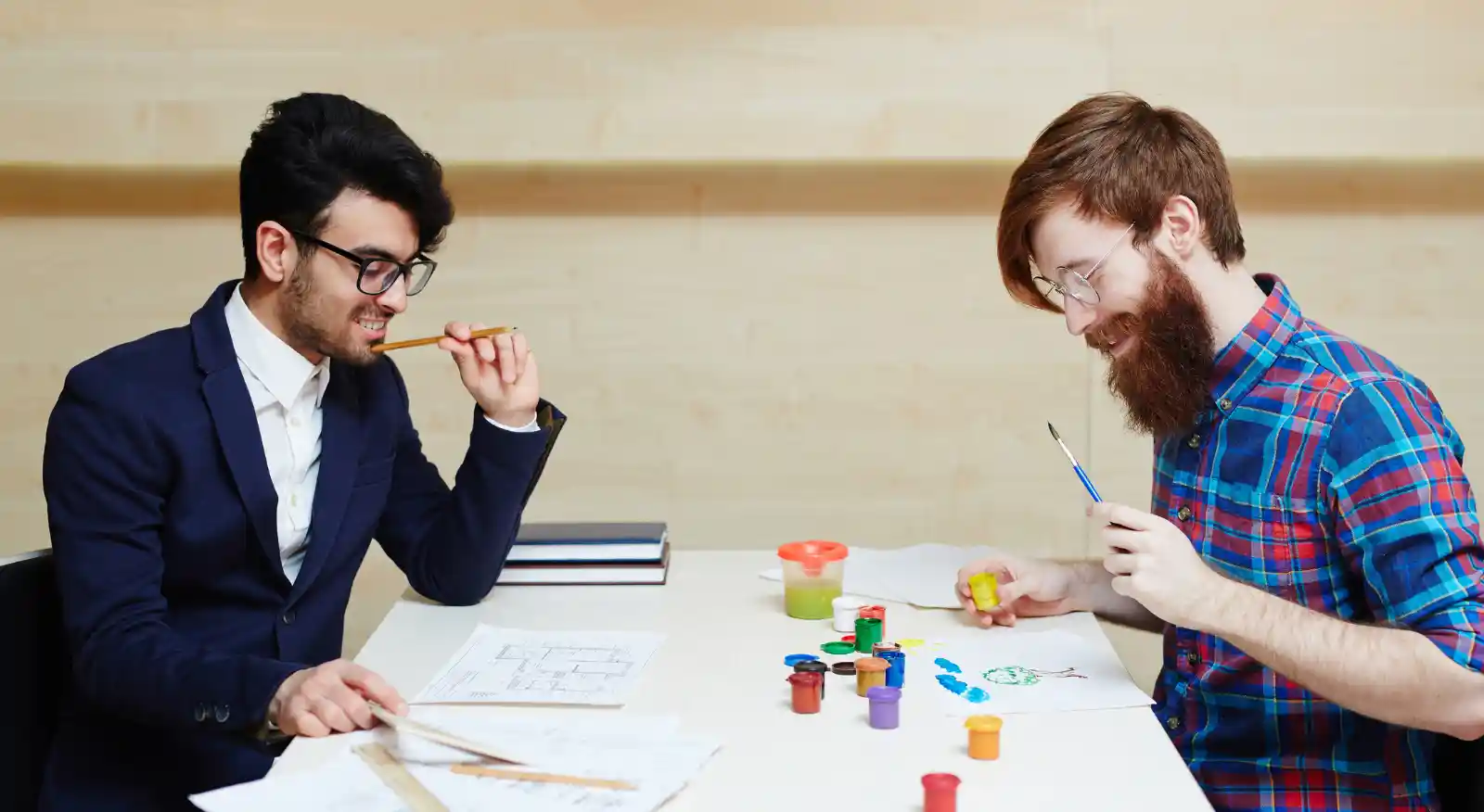
Beyond Academics: Why Art Should Be Part of Every Child’s Routine?
In today’s fast-paced academic world, children’s schedules are often packed with homework, tuition, and exams. While academic achievement is important, it’s only one piece of a well-rounded education. What about creativity, emotional expression, or learning to see the world differently?
That’s where art comes in.
Incorporating art into your child’s daily or weekly routine offers a range of benefits that support cognitive development, emotional intelligence, and personal growth. More than just drawing or painting, art is a powerful tool that helps children explore, imagine, and develop essential life skills.
Let’s explore why art should be more than just an occasional activity—it should be a regular part of every child’s life.
1. Encourages Creative Thinking
Art helps children see the world not just as it is, but as it could be. Whether they’re sketching a dream world or using colours to express emotions, they learn to think beyond the obvious. This creative mindset benefits all areas of life, from problem-solving in school to adaptability in future careers.
2. Improves Emotional Expression
Children don’t always have the words to express what they’re feeling. Art offers them a safe, non-verbal outlet to release emotions—be it joy, sadness, fear, or excitement. Over time, children who practice art regularly are better able to understand and manage their emotions, leading to healthier relationships and improved self-esteem.
3. Boosts Confidence and Self-Worth
Completing an art project gives children a sense of accomplishment. When they see their work displayed on the fridge or praised in program, it boosts their confidence and pride. Regular involvement in art also helps children take risks, accept mistakes, and trust their own ideas.
4. Supports Academic Skills in Indirect Ways
While art may seem unrelated to academics, it actually supports many key skills, including:
- Focus and concentration (especially during detailed tasks like colouring or sculpting)
- Hand-eye coordination and fine motor skills
- Visual-spatial reasoning (used in subjects like math and science)
- Critical thinking and decision making (like choosing materials or solving design challenges)
Art doesn’t replace academics—it enhances them.
5. Develops Patience and Discipline
Art takes time. Whether it’s waiting for paint to dry or redoing a sketch, the process teaches delayed gratification and persistence. These are valuable life sessions that go far beyond the studio.
6. Reduces Stress and Anxiety
Modern schooling can be stressful. Art serves as a mental break, helping children relax and unwind. Just 20–30 minutes of creative activity can help reduce anxiety levels, improve mood, and promote mindfulness.
7. Fosters Social Connections
Art workshop, especially in group settings, encourage children to:
- Share ideas
- Collaborate on projects
- Appreciate different perspectives
- Give and receive constructive feedback
These interactions help develop social and communication skills that are essential both in and out of school.
8. Promotes Cultural Awareness and Open-Mindedness
Art exposes children to a wide variety of styles, techniques, and traditions from around the world. This opens their eyes to diversity and helps them become more culturally aware and respectful of differences.
9. Encourages Independence
When kids are given creative freedom, they learn to make decisions on their own—from choosing colours to developing original concepts. This kind of independent thinking builds self-reliance and encourages them to take initiative in other areas of life too.
10. Makes Learning More Enjoyable
Most importantly, art brings joy. It adds fun to routine, breaks the monotony of textbooks, and makes learning more playful and engaging. When kids enjoy learning, they are more motivated and curious.
Making Art a Part of Your Child’s Routine
Adding art to your child’s routine doesn’t require hours or expensive materials. Here are simple ways to do it:
- Schedule a weekly art hour at home
- Join a local art jamming or holiday programme
- Provide easy access to crayons, paper, and recycled materials
- Use art as a wind-down activity before bed
- Visit art exhibitions or museums together for inspiration
- Sign up for parent-child art workshop to create and bond together
Even 30 minutes a week can make a difference.
Why Art Journey Makes It Easy
At Art Journey Singapore, we make it simple and joyful to include art in your child’s life. Whether it’s regular programs, school holiday workshops, or weekend family sessions, we provide a nurturing space where creativity thrives. Our trained instructors focus not only on techniques but also on building self-expression, patience, and imagination.
Our programs are designed for children of all ages and skill levels—so every child can explore art at their own pace, with no pressure.



